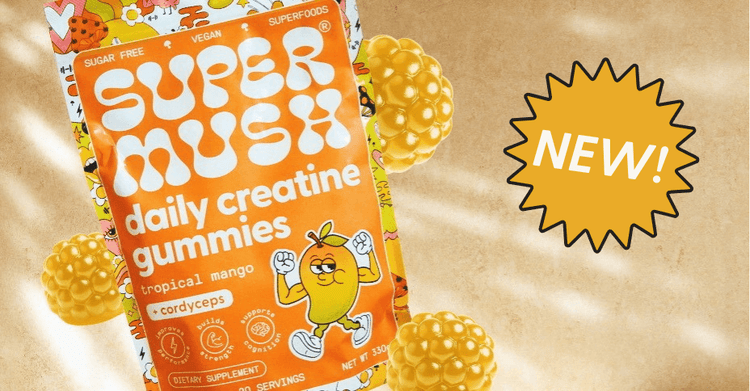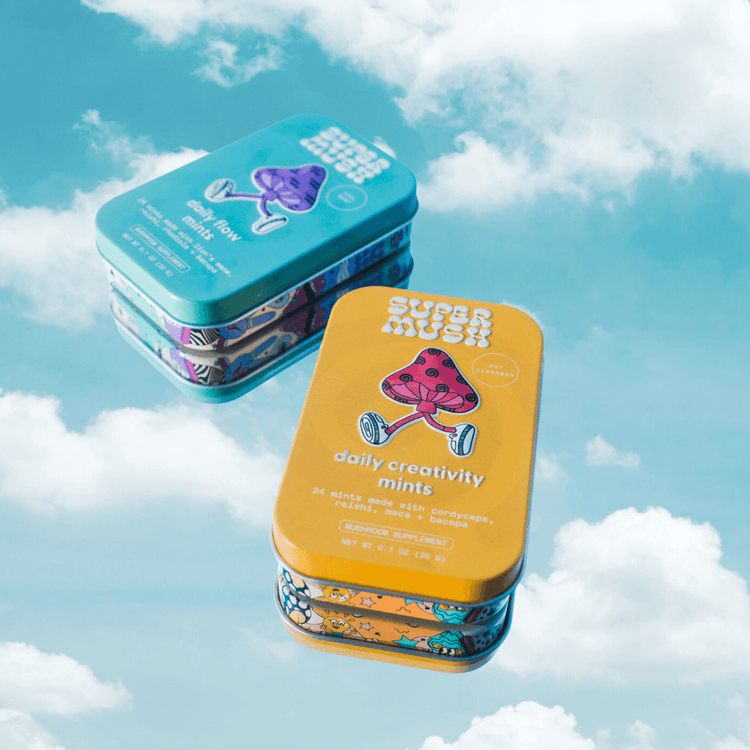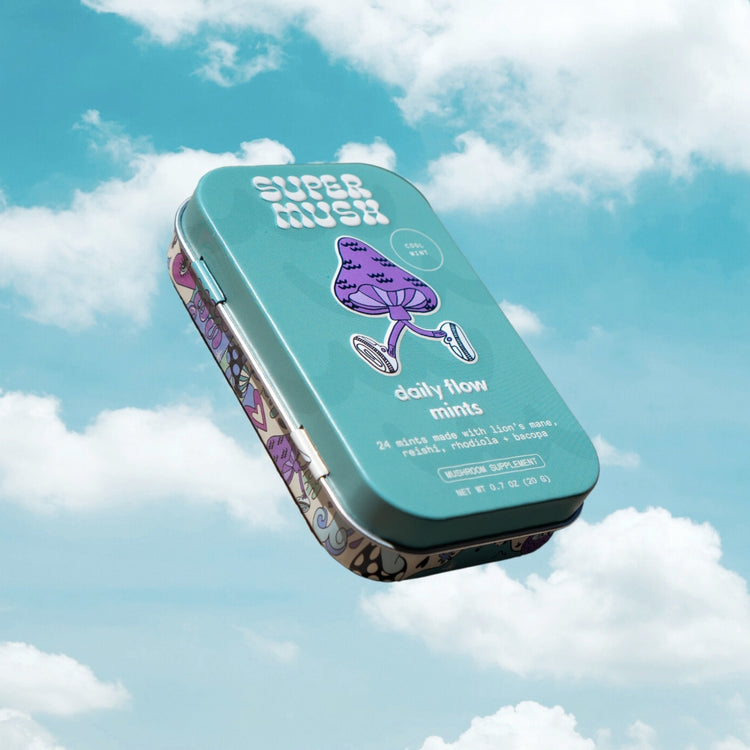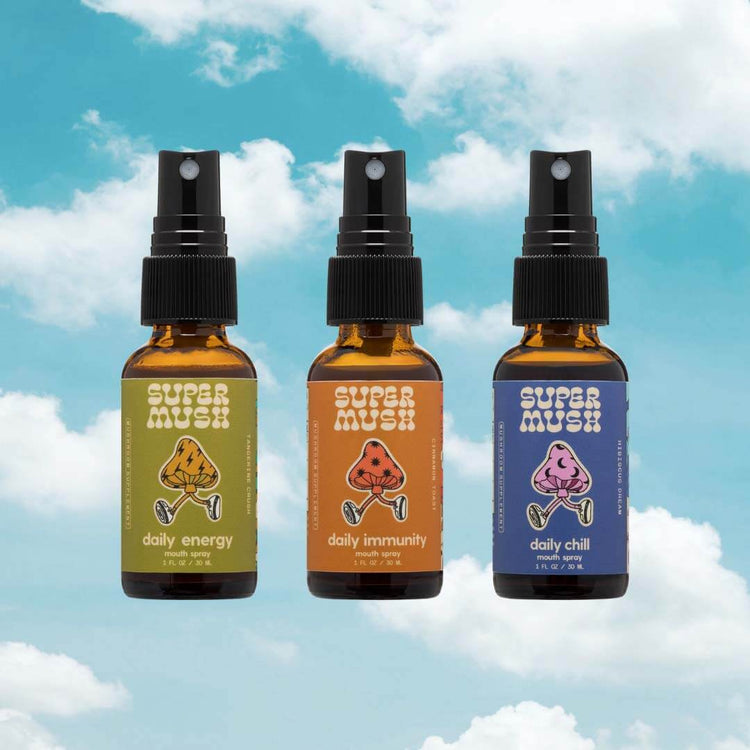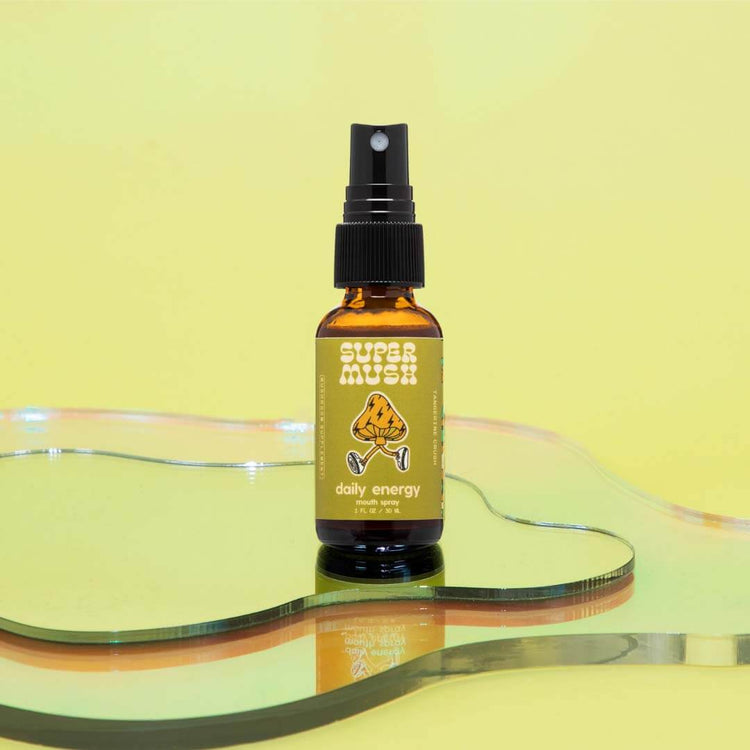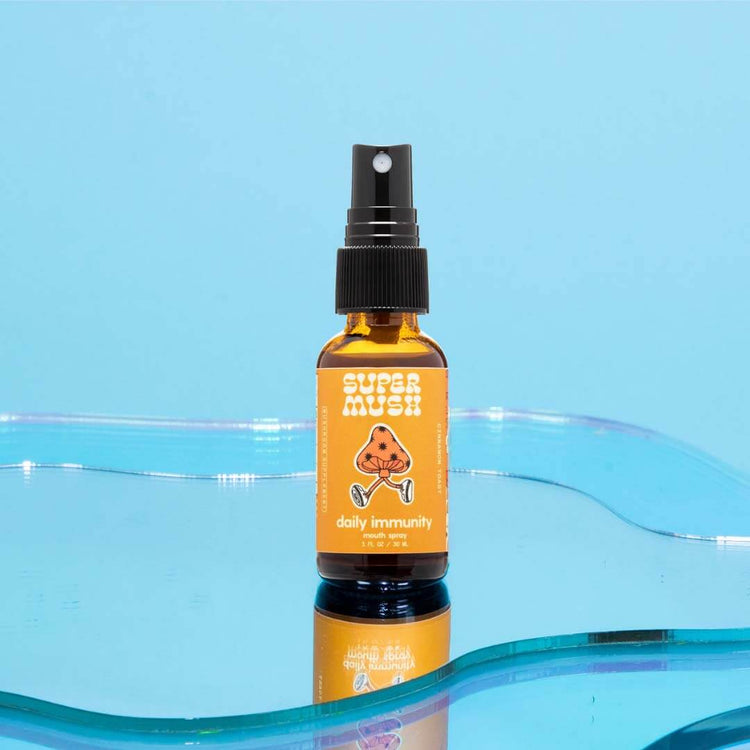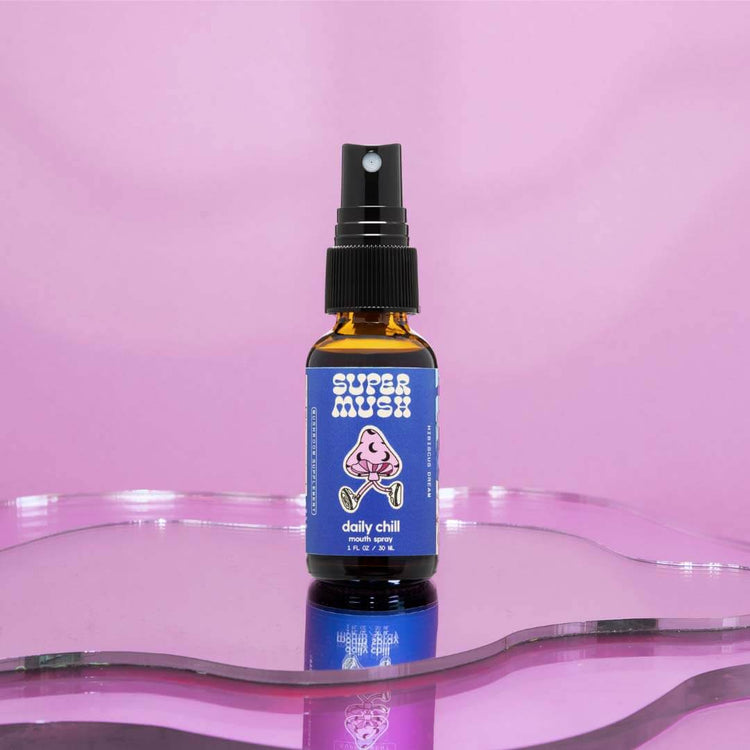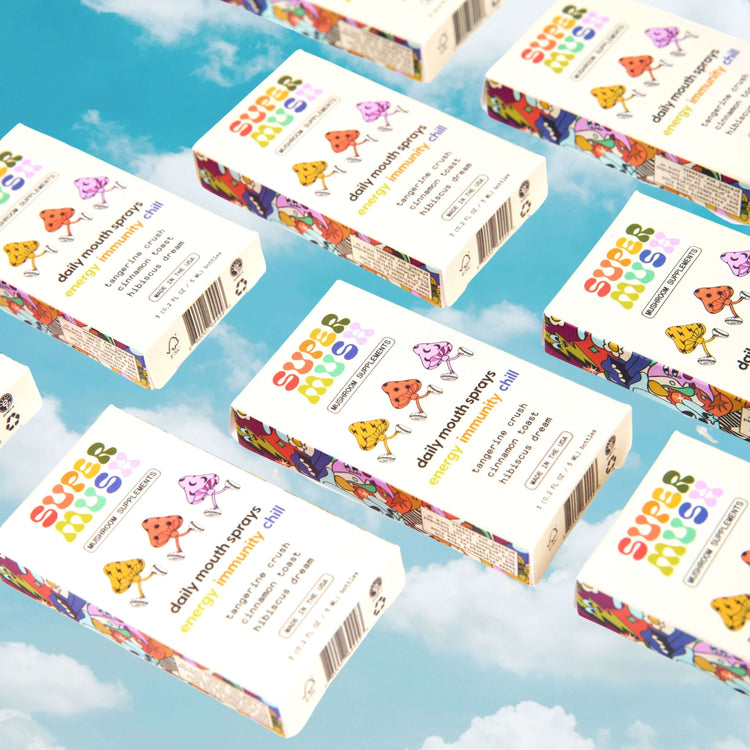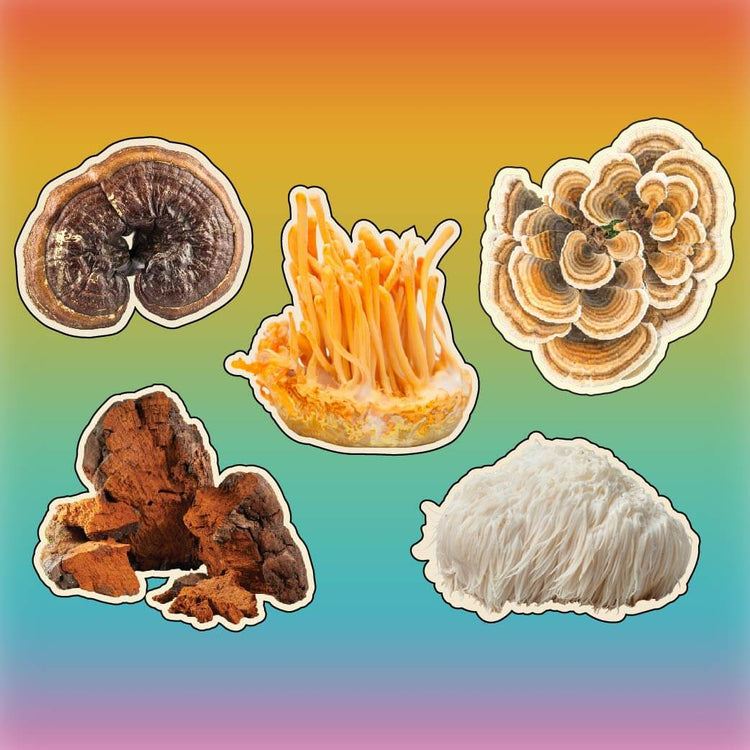Inflammation is a natural response of the body to injury or infection, but chronic inflammation can lead to various health issues, including arthritis, heart disease, and other inflammatory conditions. As the quest for natural remedies grows, mushroom gummies have emerged as a popular supplement due to their potential anti-inflammatory properties. This article will explore how mushroom gummies can help alleviate pain and inflammation, highlighting the specific mushrooms known for their therapeutic effects and discussing how they can be incorporated into your daily routine for maximum benefit.
Understanding Inflammation
Before delving into the benefits of mushroom gummies, it’s crucial to understand what inflammation is and its role in the body. Inflammation is the body's way of protecting itself from harm. When tissues are injured, the immune system responds by sending white blood cells and other chemicals to the affected area. This process can lead to redness, heat, swelling, and pain, all of which are signs of inflammation.
Types of Inflammation
Inflammation can be classified into two main types:
- Acute Inflammation: This is a short-term response to injury or infection. It is characterized by rapid onset and is generally beneficial, helping the body heal and fight off pathogens.
- Chronic Inflammation: This type of inflammation persists over a longer period and can result from unresolved acute inflammation, autoimmune diseases, or long-term exposure to irritants. Chronic inflammation is linked to various health issues, including obesity, diabetes, heart disease, and cancer.
Managing inflammation is crucial for maintaining overall health, and incorporating natural remedies such as mushroom gummies can play a significant role in this process.
The Role of Mushrooms in Inflammation Relief
Mushrooms have been used for centuries in traditional medicine for their health benefits. Many varieties possess anti-inflammatory properties that can help reduce pain and inflammation. Here are some key mushrooms known for their anti-inflammatory effects:
1. Reishi (Ganoderma lucidum)
Reishi is often called the "king of mushrooms" due to its numerous health benefits. It has been used in traditional Chinese medicine for centuries to promote health and longevity. Research has shown that Reishi contains compounds called triterpenes, which have potent anti-inflammatory effects. These compounds help modulate the immune response, reducing inflammation and alleviating pain associated with inflammatory conditions.
2. Chaga (Inonotus obliquus)
Chaga is a medicinal mushroom that grows on birch trees and is known for its high antioxidant content. It contains beta-glucans, polysaccharides, and other compounds that can help reduce inflammation in the body. Studies have demonstrated that Chaga can inhibit the production of pro-inflammatory cytokines, making it an effective natural remedy for managing chronic inflammation.
3. Lion's Mane (Hericium erinaceus)
Lion's Mane is not only known for its cognitive benefits but also for its anti-inflammatory properties. This mushroom contains hericenones and erinacines, which can help reduce inflammation in the brain and nervous system. By supporting overall brain health, Lion's Mane can also play a role in reducing neuroinflammation, which is linked to various neurological conditions.
4. Cordyceps (Cordyceps sinensis)
Cordyceps is a unique mushroom known for its energy-boosting properties. It also has anti-inflammatory effects that can help improve recovery after exercise and reduce muscle soreness. Cordyceps can enhance the body's ability to manage inflammation by modulating immune responses and decreasing inflammatory markers.
The Benefits of Mushroom Gummies
Mushroom gummies combine the health benefits of these powerful fungi with the convenience and taste of a gummy supplement. Here are some benefits of choosing mushroom gummies for inflammation relief:
Convenient and Tasty
Mushroom gummies offer a delicious alternative to traditional mushroom supplements, which may have an earthy taste or require preparation. Gummies are easy to consume and can be taken on the go, making them a practical option for busy lifestyles.
Precise Dosage
Mushroom gummies are formulated to provide specific doses of mushroom extracts, ensuring that you receive consistent amounts of beneficial compounds with each serving. This precision helps you monitor your intake and adjust your dosage as needed.
Enhanced Absorption
The gummy form can enhance the absorption of beneficial compounds in mushrooms. Gummies typically contain pectin, which can aid in the digestion and absorption of nutrients, allowing for more effective delivery of the anti-inflammatory properties of mushrooms.
Synergistic Effects
Many mushroom gummies blend different types of mushrooms to maximize their health benefits. This synergy can enhance the overall anti-inflammatory effects, making them more effective than taking a single mushroom type alone.
How to Incorporate Mushroom Gummies into Your Routine
To reap the benefits of mushroom gummies for inflammation relief, consider the following tips on incorporating them into your daily routine:
Start Slowly
If you’re new to mushroom supplements, it’s advisable to start with a lower dose and gradually increase it as your body adjusts. This approach allows you to gauge your response to the gummies and determine the optimal dosage for your needs.
Choose Quality Products
Not all mushroom gummies are created equal. Look for products made from 100% fruiting body extracts, as these contain higher concentrations of active compounds compared to mycelium-based products. Additionally, choose gummies that are free from added sugars and artificial ingredients for optimal health benefits.
Pair with a Healthy Diet
While mushroom gummies can provide significant anti-inflammatory benefits, they work best when combined with a balanced diet rich in anti-inflammatory foods. Incorporate fruits, vegetables, whole grains, and healthy fats into your meals to support your body's natural healing processes.
Stay Hydrated
Drinking plenty of water is essential for overall health and can help your body efficiently process and utilize the nutrients from mushroom gummies. Aim to drink enough water throughout the day, especially if you are increasing your fiber intake through gummies and other dietary changes.
Monitor Your Progress
Keep track of how you feel after incorporating mushroom gummies into your routine. Note any changes in inflammation-related symptoms, energy levels, and overall well-being. This information can help you make informed decisions about your supplementation and dietary choices.
Potential Side Effects and Considerations
While mushroom gummies are generally safe for most people, there are some considerations to keep in mind:
Allergies
Some individuals may be allergic to certain types of mushrooms. If you have a known allergy, it’s crucial to check the ingredients of mushroom gummies carefully and consult with a healthcare professional before trying them.
Interactions with Medications
Mushrooms can interact with certain medications, particularly those that affect the immune system or blood sugar levels. If you are taking medication, consult with a healthcare provider before adding mushroom gummies to your regimen.
Overconsumption
While mushroom gummies offer health benefits, consuming them in excessive amounts may lead to digestive discomfort or other side effects. Always follow the recommended dosage on the product label and listen to your body.
Research and Evidence Supporting Mushroom Gummies for Inflammation Relief
The anti-inflammatory properties of mushrooms have been the subject of various scientific studies. Research has demonstrated that many mushroom varieties possess bioactive compounds that can reduce inflammation and modulate immune responses.
Clinical Studies
Several clinical studies have shown the effectiveness of mushrooms in managing inflammation:
- A study published in the Journal of Medicinal Food found that Reishi extract significantly reduced inflammatory markers in participants with chronic inflammation. The results indicated that the mushroom's triterpenes played a crucial role in lowering inflammation levels.
- Research published in the International Journal of Molecular Sciences highlighted Chaga’s ability to inhibit pro-inflammatory cytokines, suggesting that it could be a valuable natural remedy for inflammatory conditions.
- Another study focused on Lion's Mane showed its potential to protect against neuroinflammation, indicating its usefulness in supporting brain health and reducing the risk of neurodegenerative diseases.
These studies underscore the potential benefits of incorporating mushroom gummies into a daily health regimen for inflammation relief.
Conclusion
Mushroom gummies offer a convenient and effective way to harness the anti-inflammatory properties of mushrooms. With a variety of mushrooms known for their health benefits, such as Reishi, Chaga, Lion's Mane, and Cordyceps, these gummies can help alleviate pain and inflammation when taken regularly. By incorporating mushroom gummies into a balanced diet and lifestyle, individuals can support their body’s natural healing processes and promote overall health. As always, consult with a healthcare professional before starting any new supplement regimen, especially if you have pre-existing health conditions or are taking medications.
Other Articles:
- Ultimate Guide to Mushroom Gummies
- Mushroom Gummies Side Effects
- Best Mushroom Gummies of 2024
- How Effective Are Mushroom Gummies?
- Mushroom Gummies For Anxiety and Sleep
- Lion's Mane Mushroom Gummies
- Mushroom Gummies For Passion
- Mushroom Gummies For Energy
- Curb Cravings With Mushroom Gummies
- Fruiting Body Vs. Mycelium
- Mushroom Gummies for Immune Support
- Cognitive Health and Mushroom Gummies
- How to Choose Mushroom Gummies
- 5 Reasons to Use Mushroom Gummies
- Ingredients to Avoid in Mushroom Gummies
- Mushroom Gummies for Kids
- Are Mushrooms Good for You?
- Mushroom Gummies for Daily Wellness
- Mushroom Gummies for Athletes
- Do Mushroom Gummies Work?
- Mushroom Gummies vs. Capsules
- The Science Behind Mushroom Gummies
- The History of Mushroom Gummies
- Mushrooms for Anxiety
- Auri Mushroom Gummies
- Fungies Mushroom Gummies
- Avoid Buying Mushroom Gummies on Amazon
- Benefits of Mushroom Gummies
- Legal Mushroom Gummies
- Magic Mushroom Gummies
- RYZE Mushroom Gummies
- Reishi Mushroom Gummies
- Sugar Free Mushroom Gummies
- Organic Mushroom Gummies
- Chaga Mushroom Gummies
- Goomz Mushroom Gummies
- Mushroom Gummies Benefits
- Mushroom Gummies vs. Powders
- Mushroom Gummies for Mental Health
- Mushroom Gummies for Skin Health
- Guide to Functional Mushroom Gummies
- Mushroom Gummies for Gut Health
- Mushroom Gummies for Focus and Concentration
- Mushroom Gummies for Women’s Health




